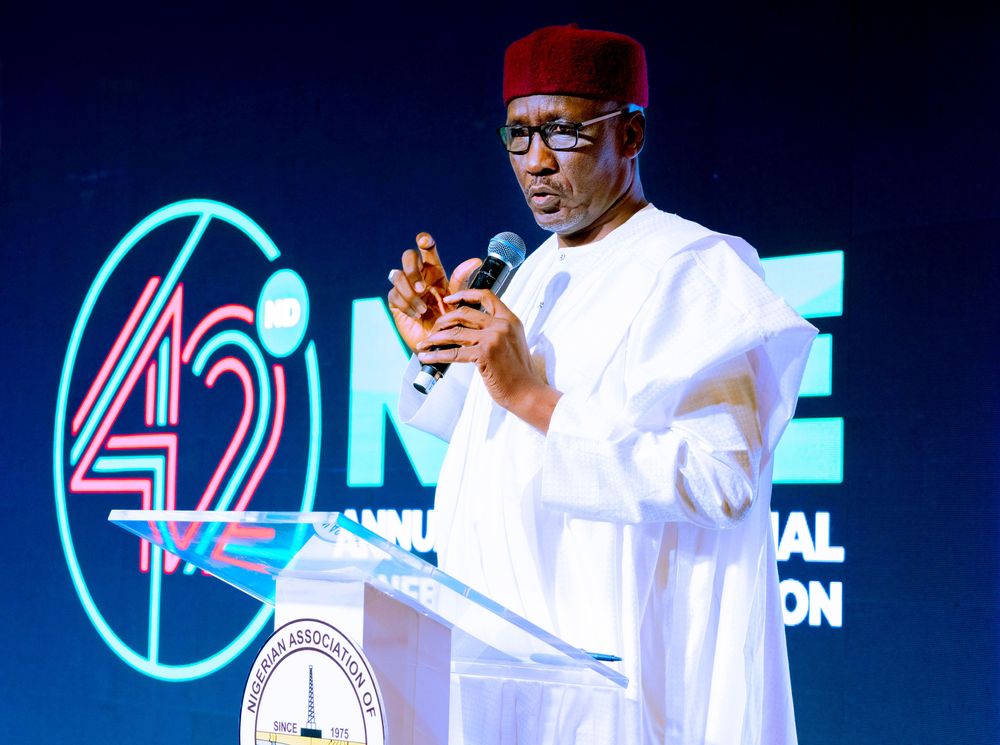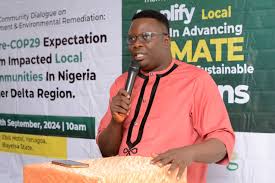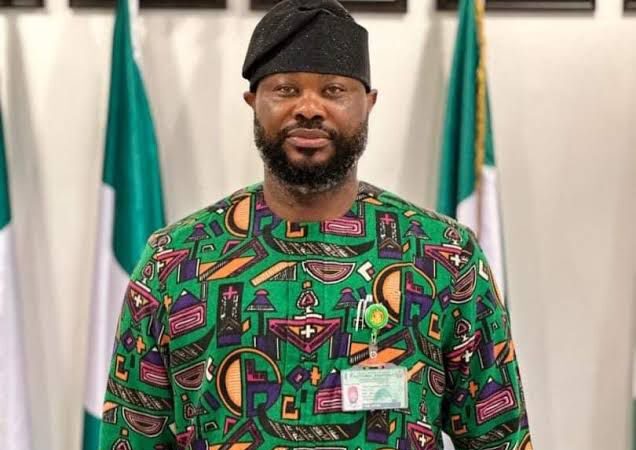- Applauds President Bola Tinubu On Naira To Crude Initiative
- NNPC Ready To Supply Crude to Domestic Refineries in Naira
The Group Chief Executive Officer (GCEO) of the Nigerian National Petroleum Corporation Limited (NNPCL), Mele Kolo Kyari has highlighted the corporation’s efforts to introduce compressed natural gas (CNG) as an alternative fuel, stating that in 2025, the NNPCL would launch at least 12 CNG filling stations. This is in addition to an investment in a mini-Liquefied Natural Gas (LNG) plant, which will further increase the supply of gas for domestic use, especially as the country is suffering from a 70percent deficit in access to clean cooking fuel.
According to Mele Kyari, these measures are part of solutions aimed at providing cheaper and cleaner fuel options, utilizing Nigeria’s abundant gas resources, and addressing the growing demand for energy in the country.
The NNPCL GCEO stated this while delivering a compelling address on the state of Nigeria’s energy sector at the 42nd Annual conference of the Nigerian Association of Petroleum Explorationists (NAPE).
Acknowledging the presence of industry leaders and stakeholders, Kyari presented a stark assessment of Nigeria’s current energy security challenges; highlighting the fact that energy security goes beyond the availability of transportation fuels like pms and diesel; but also concerns access to electricity and the need to foster collaboration among various actors in the energy sector. Sadly, he also disclosed that 50percent of Nigerians lack access to electricity.
He however stated that NNPC is making significant efforts in playing a central role in addressing these gaps. However, he emphasized that these efforts, while important, are still not enough to solve the problem at hand.
Stating that the challenges to ensuring Nigeria’s energy security are multi-faceted and need to be handled in a dynamic manner, he did clarify that traditionally, exploration and exports have taken precedence over domestic consumption in the oil and gas sector, making it the responsibility of the NNPC to ensure that there’s adequate Gas for local usage. This includes provision of gas for power generation, domestic usage and other industrial applications,
Additionally, Kyari discussed domestic refining, a topic that has long been divisive in Nigeria. He noted that it was almost canon to view the NNPCL, allegedly as unwilling to encourage indigenous refining, but that was far from the real situation.
Refuting such allegations, the NNPC Boss stated that the corporation has always been committed to supplying crude oil to domestic refineries, including Dangote Refineries and other modular refineries operating in Nigeria.
In his address, Kyari explained that NNPC made a strategic decision to lock in a market for the 300,000 barrels of crude it produces daily for the domestic refineries, given the uncertainty of crude oil markets and the potential future struggle to find buyers for Nigerian oil abroad. He emphasized that this decision was based on sound business logic, with the intention of ensuring that Nigeria’s crude is processed domestically, rather than relying on international markets for finished petroleum products.
He also addressed the quality of Nigerian crude oil, often described as “Lamborghini crude,” pointing out that while it is of high quality, it is not suitable for direct refining into certain products like gasoline without additional processing. He emphasized that Nigeria should focus on processing its crude to add value, rather than relying solely on exports of crude oil.
A significant portion of Kyari’s address focused on the ongoing economic reforms, particularly the removal of fuel subsidies. He praised the bold leadership of the current administration for tackling this long-overdue issue, which previous governments had avoided due to its complex and politically sensitive nature. Kyari argued that fuel subsidy removal is essential for stabilizing the foreign exchange (FX) market and reducing speculation on the naira.
He explained that the biggest source of FX outflow in Nigeria is the importation of petroleum products, which has contributed to the depreciation of the naira. By controlling the domestic fuel supply and removing the subsidy, Nigeria could eliminate a major source of FX pressure, stabilize the naira, and address inflationary concerns. He commended the president for this initiative, calling it a critical step towards economic stabilization.
Kyari concluded his address with an optimistic vision for the future of Nigeria’s energy sector. He acknowledged that while the country is going through a period of painful short-term adjustments, these reforms will lead to long-term benefits. He assured the audience that Nigeria would see significant improvements in the energy sector within the next 3-5 years, with sustainable, affordable, and reliable energy for its citizens.
He called on all industry stakeholders to contribute to the national effort, noting that the work being done today would lay the foundation for a more prosperous and stable energy future. Kyari also invited everyone present at the conference to participate in the growth and transformation of Nigeria’s energy infrastructure, particularly in gas delivery and power generation.
Finally, Kyari reaffirmed NNPC’s commitment to driving the nation’s energy agenda, emphasizing the importance of collaboration between the government, private sector, and industry professionals in achieving these ambitious goals.
In closing, Kyari expressed his confidence that with continued efforts and the right policies in place, Nigeria’s energy sector would undergo a transformation in the coming years—one that would ensure a stable energy supply for generations to come.







